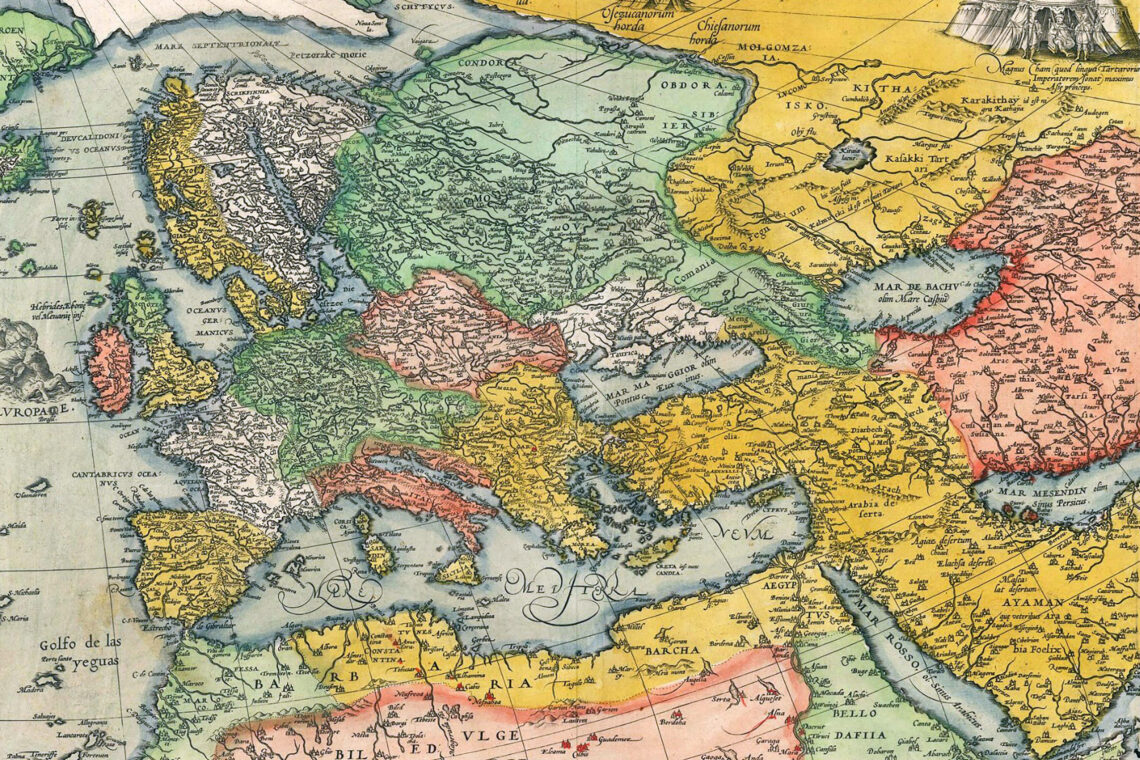I just read a most interesting article about the future of war and peace and thought this might be a good time to think about this topic. Mary Kaldor, director of the Program on Global Civil Society at the London School of Economics and a major scholar of globalization and warfare, delivered a talk at the Nobel Prize Centennial Symposium in Oslo, only a few months after the atrocious terrorist attacks of 9/11. If people were to listen to what she said, the world could spare itself much trouble in the future.
Kaldor reminded her audience that total war—the modern concept of inter-state warfare that makes the whole enemy nation a military target–has all but become a thing of the past since World War II with its 50 million casualties. With globalization, wars and the character of warmongering have changed, but these changes are not always quite evident to most people.
First there is the emergence of what Kaldor calls “new wars.” Such wars take place in weak states and, sometimes, in broken down urban areas in highly developed countries. The main protagonists involve groups motivated by crime, extremist ideologies, profit, etc. The overwhelming majority of casualties in such wars are civilian. The longer such wars last, the more violence they produce, and the more fragmented societies become. Gangs and private security organizations make a killing out of this chaos, as do terrorists and other like-minded people.
Then there is the concept of the “casualty-free war” premised on the notion that high technology and guided weapons could defeat opponents, spare civilians, and showcase the superiority of the victors without incurring any casualties. The United States has invested much in this approach, although this new doctrine doesn’t help it improve its standing in the global community.
Finally, there are the “large transition states” like Russia, China, and India. They have a lot of power, but they have difficulty crushing rebellions within their own nations, as is the case of Chechnya in Russia or perhaps Kashmir in India. The capital of Chechnya, Grozny, “has virtually been reduced to rubble,” notes Kaldor, but “resistance persists.” This shows that, short of annihilation measures, military force is unlikely to coerce organized groups into submission, if the latter are organized around a set of strongly held beliefs or ideologies.
And so the toll of civilian casualties and suffering keep mounting. UN peacekeeping operations, though growing in number, do not have the might to stop such wars and can only give some protection to civilians. As social chaos spreads in the world so do self-motivated and armed groups. Wars haven’t delivered solutions—in fact, they make things worse; but if the world were to adopt a global humanitarian approach (such as trying violators of human rights in international courts) while addressing the legitimate grievances of many groups, the world may just have a better chance at establishing more peace. Nothing will ever be perfect, but, at least, it’s a solution worth trying.




Comments are moderated by the editor and may not appear on this discussion until they have been reviewed and deemed appropriate for posting. All information collected is handled in a manner consistent with our privacy policy.